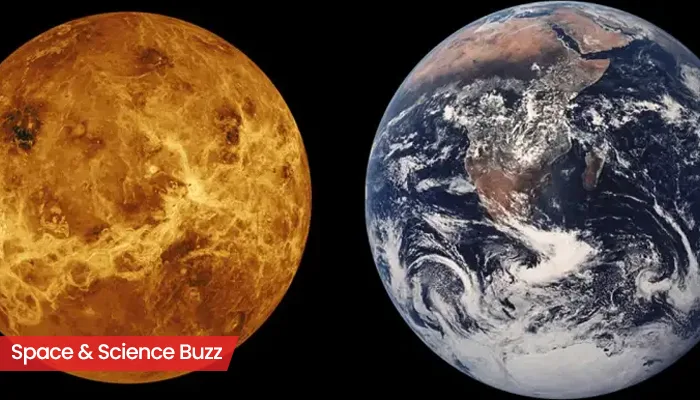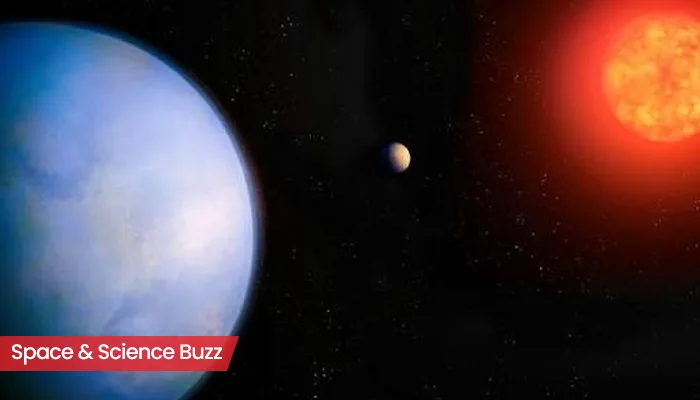Did The Universe Have A 'Secret Life' Before The Big Bang? New Study From France Reveals
- Gurpreet
- 1 year ago
- 3 minutes read

The latest ‘bouncing’ theory, if proven true, could change the way we understand the universe, especially black holes and dark matter.
A recent study has revealed that the universe may have had a “secret life” before the Big Bang. The study, published in the Journal of Cosmology and Astroparticle Physics, hints that before the Big Bang, the universe witnessed a phase of contraction. During that phase, black holes were formed, which in turn, explains the nature of dark matter.
According to the study, the universe initially contracted and went into an extremely dense state. It then reached a ‘bouncing’ state before finally entering the expansion phase. The latest research contradicts the traditional theory that the universe was formed by a single event, the Big Bang, and was rapidly expanded after that. Now if the latest theory is correct, it can alter the way we understand black holes and dark matter that make up about 80% of the universe's matter.
Regarding Dark Matter And Black Holes

Recent research suggests that during the universe's contraction phase, small black holes were formed due to density fluctuations. These black holes ended up surviving through the rebound phase and moved into the current expansion phase, and now they constitute dark matter. The study could be an explanation about the enigmatic nature of the black holes and their role in the formation of dark matter, which does not interact with light.
“Small primordial black holes can form in the early phase of the universe, and unless they are too small, their decay by Hawking radiation is not efficient enough to get rid of them, so they would still exist today. With a mass roughly equivalent to that of an asteroid, they could contribute to dark matter or even solve this problem altogether,” Patrick Peter, research director at the French National Center for Scientific Research (CNRS), said.
Future Research

Meanwhile, researchers currently hope that future gravitational wave detectors, such as the Laser Interferometer Space Antenna (LISA) and the Einstein Telescope, might be able to detect the gravitational waves during the formation period of these primordial black holes. If correctly detected and studied, it can support the hypothesis that these black holes are made of dark matter.
While the hypothesis is still in its early stages and it may be years before observations can be made, the latest study does offer everyone new dimensions regarding the universe's origins and the nature of dark matter.





.webp)
.WEBP)
.WEBP)
.webp)
.webp)


.webp)